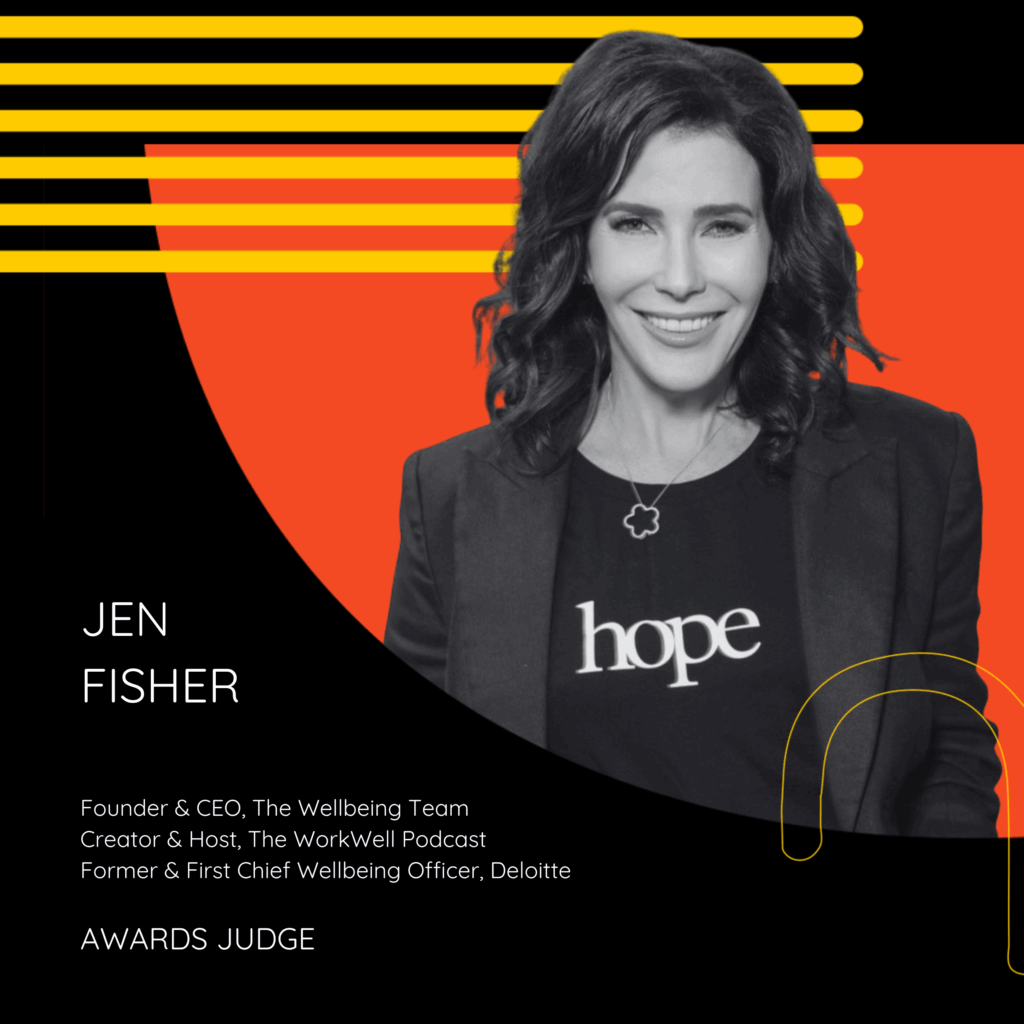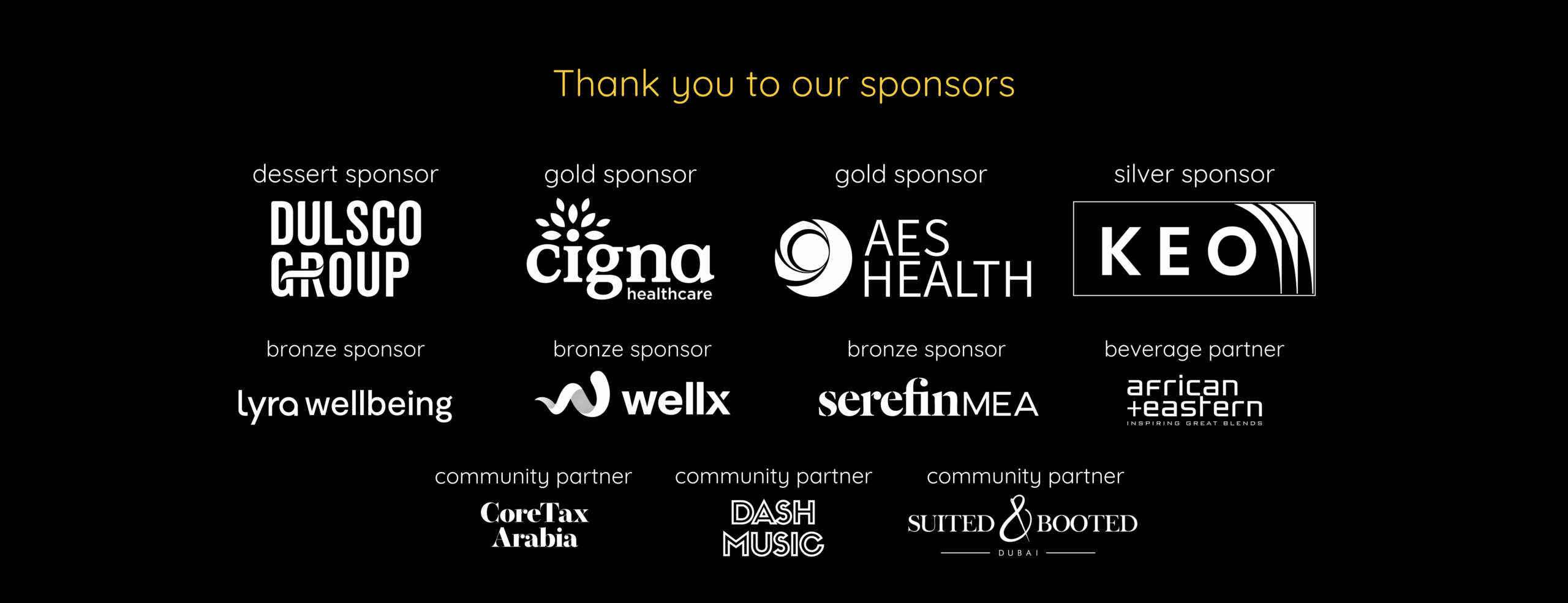Young workers are redefining success around mental health
A global shift is underway as young professionals in their 20s and 30s are reimagining success, not through corner offices or constant hustle, but through mental wellness, stable relationships and purposeful living.
The new EY Global Generation Report reveals a generational change: young adults are increasingly walking away from the traditional “rat race” in favour of healthier, more balanced lives.
In a study of over 10,000 respondents aged 18 to 34 across 10 countries, EY found that 51% of young people now rate their mental and physical health as the most important measure of future success, outranking wealth, career, and even family relationships. Put simply the metrics that once defined adulthood are being rewritten.
The report states, this generation is not rejecting adulthood but “approaching life milestones not with rebellion but with reasoned skepticism and a global perspective.”
Jen Fisher, founder and CEO of The Wellbeing Team and the former Chief Wellbeing Officer for Deloitte US – and a judge for this year’s ‘the mentl awards 2025‘ reacted to the report, writing on LinkedIn.
She said: “EY’s latest research confirms: Gen Z and Millennials have completely abandoned the ‘work yourself to death for money’ playbook.
“These generations looked at burnout culture and said ‘We’re not doing this’. The best talent isn’t chasing money anymore. They’re chasing their sanity.”

Are you, or your organisation, prioritising your people? If so, tell the world your story and ‘enter the mentl awards 2025 today’.

In China, a country once famous for its “996” work culture – working from 9 a.m. to 9 p.m., six days a week – a wave of disillusionment has led to a national reckoning. The “lying flat” (tang ping) movement gained momentum as young workers pushed back against unrelenting work expectations. According to the report, many Gen Z workers in China are now “prioritising their personal time over demanding work schedules and job stability over salary, even willing to take pay cuts to uphold their values.”
This is part of a broader generational pivot away from burnout and toward wellbeing. In Brazil and the United States, where 43% and 41% of young people respectively report feeling anxious or depressed regularly, mental health is no longer a private struggle, it’s a public priority.
A 24-year-old male respondent from India summed it up: “When I think about the future, I worry the most for health. Because if a human has good health, then he can achieve anything in the world.”
The report paints a clear picture of disillusionment with conventional markers of success. Only 34% of respondents ranked money in their top two priorities for a future career, compared to 36.8% who prioritised enjoying their work and 32.9% who sought work-life balance. A growing number are even rejecting the career ladder altogether: 19% believe they should work for six or more organizations during their lifetimes.
For many, financial independence still matters, 87% say it is extremely or very important but the emphasis has shifted. Rather than chasing extreme wealth, most are striving for enough stability to live securely and authentically. As one 33-year-old woman from Japan put it, “I want to live without worrying about money.”
This mindset extends into lifestyle choices. The report notes that 60% of young people live with parents or caregivers, not necessarily out of dependence, but often to save on housing or support multigenerational families. And many are intentionally delaying traditional milestones like marriage and parenthood due to emotional and financial readiness.
The global COVID-19 pandemic, described in the report as “the first truly global generation-defining event,” played a major role in accelerating this shift. Young people shouldered unprecedented responsibilities during the crisis, caring for siblings, managing households, and coping with collective trauma, which propelled many into early adulthood with a deeper sense of what really matters.
The digital environment has also shaped these priorities. While 94% use social media daily, nearly 44% say they want to use it less, reflecting a growing fatigue with the curated pressure of digital life. A 29-year-old woman from the U.S. was blunt: “Social media worries me the most.”
Rather than “quiet quitting,” today’s youth are actively restructuring their lives. The report highlights how values-led decision-making is reshaping everything from work to family to consumer behavior. 69% want employers who align with their values, and 61% want companies that respect their personal time.
The old metrics, job titles, wealth, and ownership, are no longer sufficient. The new success story, the report shows, is built on self-awareness, health, purpose and authenticity. As EY notes: “They’re not lost, they’re navigating with a different, more sophisticated set of instruments.”
The implications for businesses are profound. Traditional recruitment and retention strategies are losing effectiveness in the face of this shift. Organisations that cling to rigid hierarchies and outdated definitions of success risk becoming irrelevant. Instead, those that prioritise flexibility, purpose, and well-being will resonate with this new generation.
In the words of the report: “Rather than searching for ‘work-life balance,’ they seek careers and jobs that support stable lives, rather than lives that revolve around their careers.”
In an era of economic uncertainty, technological disruption, and emotional burnout, young people aren’t running away from responsibility, they’re redesigning adulthood to work for them.
And if the numbers are any indication, the future belongs to those who listen.

Saudi Arabia focus: A Generation Grounded in Stability and Self-Care
Young adults in Saudi Arabia are part of the global wave rethinking what it means to live a successful and fulfilling life, yet their approach blends tradition with modern pragmatism.
Mental Health as a Marker of Success
- 56% of Saudi youth rank physical and mental health as the most important measure of future success, above the global average of 51%.
- This places health well ahead of more traditional success markers like wealth or job title, signaling a growing awareness around wellbeing among young Saudis.
Work-Life Priorities
- Enjoying work (36.8%), job security (30.9%), and work-life balance (32.9%) are rated among the most important factors in future careers by Saudi youth.
- There’s clear evidence that, like their global peers, Saudi young adults are prioritising emotional sustainability over high salaries or status. They are seeking roles that provide stability and satisfaction over relentless ambition.
Financial Independence vs. Wealth
- 99% of Saudi respondents said financial independence is “extremely” or “very” important – the highest percentage across all 10 countries surveyed.
- However, 84% also say becoming rich is important, showing that while financial security is a priority, aspiration remains strong – likely influenced by the country’s economic transformation under Vision 2030.
- 80% say they prefer a luxurious lifestyle, the highest in the study – suggesting that Saudi youth are striving for both comfort and self-determination.
Workplace Values
- Saudi youth are highly values-driven. Many want employers that prioritise wellbeing, respect personal time, and align with personal values, echoing a global shift toward purposeful employment.
Living at Home and Cultural Context
- 64% of young Saudis live with a parent or caregiver, reflecting a cultural norm where multigenerational households are common.
- This arrangement may provide emotional and financial support, but also underscores the importance of family relationships, which ranked among the top indicators of future success in the Kingdom.
